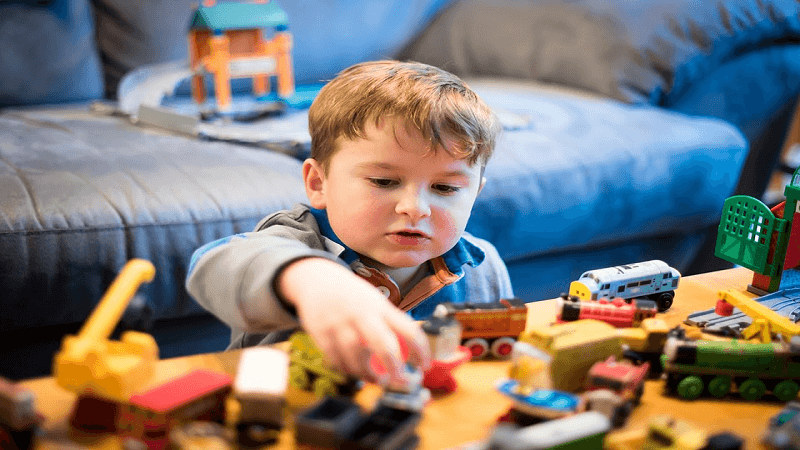Main Text
The primary objective of teaching any educational material to a child is that the child should gain access to information that will enable him/her to assimilate it and make it understand the meaning. What is more, the children should also be able to apply what they have learned. With the age of preschool, this requirement of learning goes beyond being just theoretical knowledge. Studies have revealed that children enrolled in schools in India, especially in states like Bengal and Tamil Nadu have been found to have greater chances of achieving growth and success in life. These children not only gained access to knowledge but also had the added advantage of developing themselves mentally and socially.
It is interesting to note here is the fact that while most children in these states are found to have the above-stated qualities, only some of them actually practice them. This is the reason behind the wide scope of social skills within the curriculum of such educational institutions. As social skills are related to human relationships, it is significant to note here that these skills are learned very early on in the developmental years. Therefore, the primary objective of teaching education in India is not just to impart knowledge but to inculcate social skills and self-socialization in the minds of young learners. The age of pre schooling in India is from 3 to 6 years.
Are preschools effective?
As we know from research conducted on various subjects pertaining to educational reform and development, socialization and development play a crucial role in shaping the personality of a child. Thus, preschools in India have been found to be quite effective in shaping the personality traits of these little ones. The most notable benefit of socialization and development during the early years of development is the development of self-esteem, self-confidence, adaptability, and leadership in a child. These traits are essential to grow and succeed in later life. In fact, many psychologists believe that such early exposure to social skills and development during the preschool years could do a lot to help the child attain his or her optimal development.
The other important benefit of preschools is the growth of social interaction skills. This is an essential part of education that is developed during the early years. Some experts feel that a child learns best when they are surrounded by people whom they feel comfortable with. The presence of friends or other classmates enhances the interaction skills, which in turn helps the child to learn faster. Further, most children develop better interpersonal relations when they join preschools. Such interactions help them learn how to share and help others.
The other major benefit of education in India is growth in mathematics and science. The primary school mathematics curriculum in India offers excellent mathematics and science training for children. As compared to the developed countries, the Indian education system scores well in both areas. Further, the quality of education in India is far better than that of China and Singapore and this accounts for the better performance of the children in such fields.
The other area of expertise that gets developed through education in India is English communication. The school children are given thorough teaching in the basic skills of English communication, which is helpful in enhancing their writing and communicative skills. At the same time, the adults who attend these training sessions also get taught the English language. Therefore, the overall development of English-speaking skills and communicating skills are promoted by the schools.
The other major advantage of eduqation is the inclusion of children from different backgrounds. Since rural areas are more likely to have backward classes, the education provided by the schools is much more diverse. The children are made to become good human beings who are sensitive towards differences and flourish on the basis of their knowledge and skills. The children’s life is then characterized by a sense of equality. Thus, the overall development of the child is greatly enhanced.
Another important area which gets better education and results is music. The musical instruments used in these programs are played by the children during the classes. Thus, listening to and playing musical instruments are encouraged as it encourages better coordination and socialization. Also, the overall health of the children is greatly promoted with the use of the right music. The age of pre-schooling in India gives you a number of positive opportunities to witness all these wonderful improvements.
Final Take
The preschool system in India is not yet fully developed. It has been said that the importance of education for children cannot be overemphasized and this applies to all countries, especially those with developing economies like India. Despite this, there are still many challenges when it comes to early childhood development (ECD) in such a vast country as well as other limitations which must be overcome before we can see any significant progress made on these fronts. Some factors contributing to ECD problems include poverty levels, illiteracy rates, gender inequality issues within families and society at large as well as cultural beliefs about child-rearing practices. These will need to be addressed if India wants its next generation of citizens who are educated enough to compete globally.
